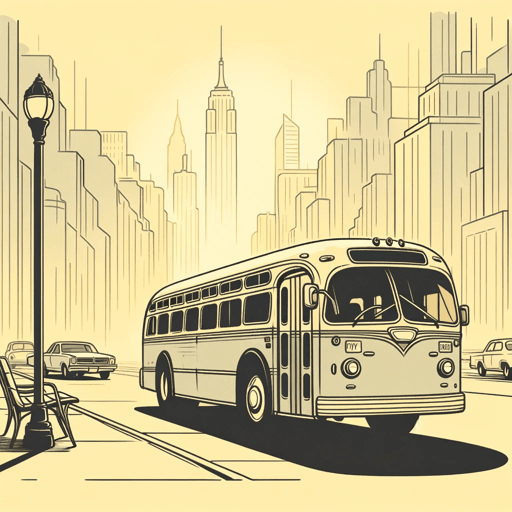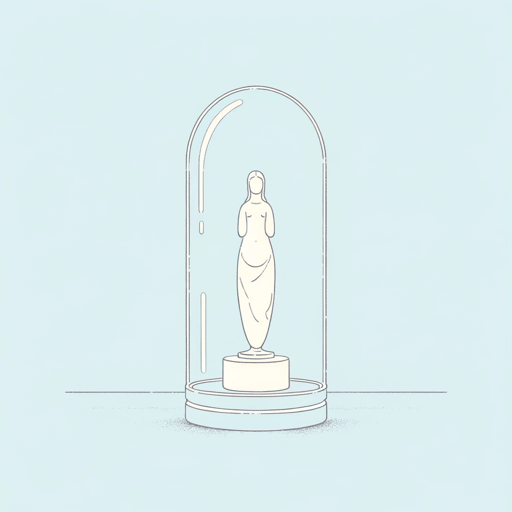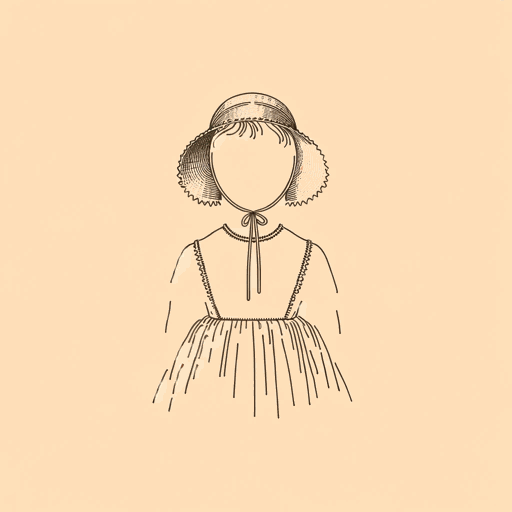75 pages • 2 hours read
James McBrideThe Color of Water
Nonfiction | Autobiography / Memoir | Adult | Published in 1996A modern alternative to SparkNotes and CliffsNotes, SuperSummary offers high-quality Study Guides with detailed chapter summaries and analysis of major themes, characters, and more. For select classroom titles, we also provide Teaching Guides with discussion and quiz questions to prompt student engagement.
Important Quotes
“The image of her riding that bicycle typified her whole existence to me. Her oddness, her complete nonawareness of what the world thought of her, a nonchalance in the face of what I perceived to be imminent danger from blacks and whites who disliked her for being a white person in a black world.”
(Chapter 2, Page 7)
In the wake of Hunter’s death, Ruth starts riding her bike compulsively around the family’s predominantly Black neighborhood in Queens, drawing attention to herself as a white woman. To James, this symbolizes two things. The first is Ruth’s apparent obliviousness to race—something that causes James so much psychic distress throughout his youth and much of his adulthood. The second is her need to keep moving so her traumatic past never catches up to her. Ruth’s chaotic household also reflects this need for motion.
“Mommy was, by her own definition, “light-skinned,” a statement which I had initially accepted as fact but at some point later decided was not true. My best friend Billy Smith’s mother was as light as Mommy was and had red hair to boot, but there was no question in my mind that Billy’s mother was black and my mother was not.”
(Chapter 4, Page 22)
Colorism is an incredibly powerful force in The Color of Water, but it also has its limits. Despite the hierarchy of skin color within Black and diverse racial communities, James sees race in binary, exclusionary terms: Black and white. No matter where she lives, whom she marries, or what her children look like, Ruth’s Polish Jewish ancestry makes it impossible for her to cross from whiteness into Blackness.
“But there was a part of me that feared black power very deeply for the obvious reason. I thought black power would be the end of my mother. I had swallowed the white man’s fear of the Negro, as we were called back then, whole.”
(Chapter 4, Page 26)
As a young impressionable boy sitting in front of the television screen, James internalizes 1960s media representations of Black Power as an existential threat to white America. To James, it follows logically that his white mother Ruth is a prime target for the ascendant Black nationalist movements spreading through major cities at the time.
Related Titles
By James McBride
Featured Collections
African American Literature
View Collection
American Literature
View Collection
Black History Month Reads
View Collection
Civil Rights & Jim Crow
View Collection
Class
View Collection
Class
View Collection
Common Reads: Freshman Year Reading
View Collection
Community Reads
View Collection
Memoir
View Collection
Religion & Spirituality
View Collection
SuperSummary New Releases
View Collection






